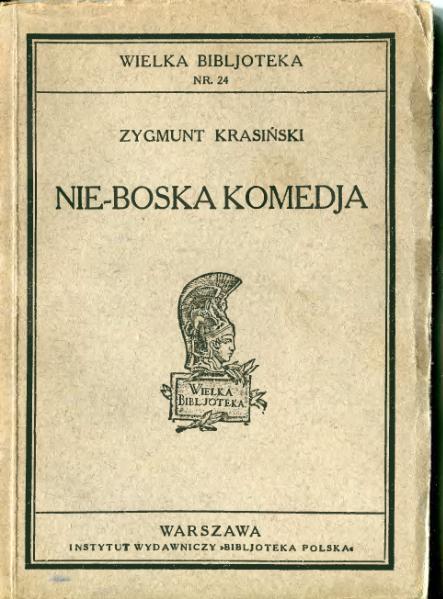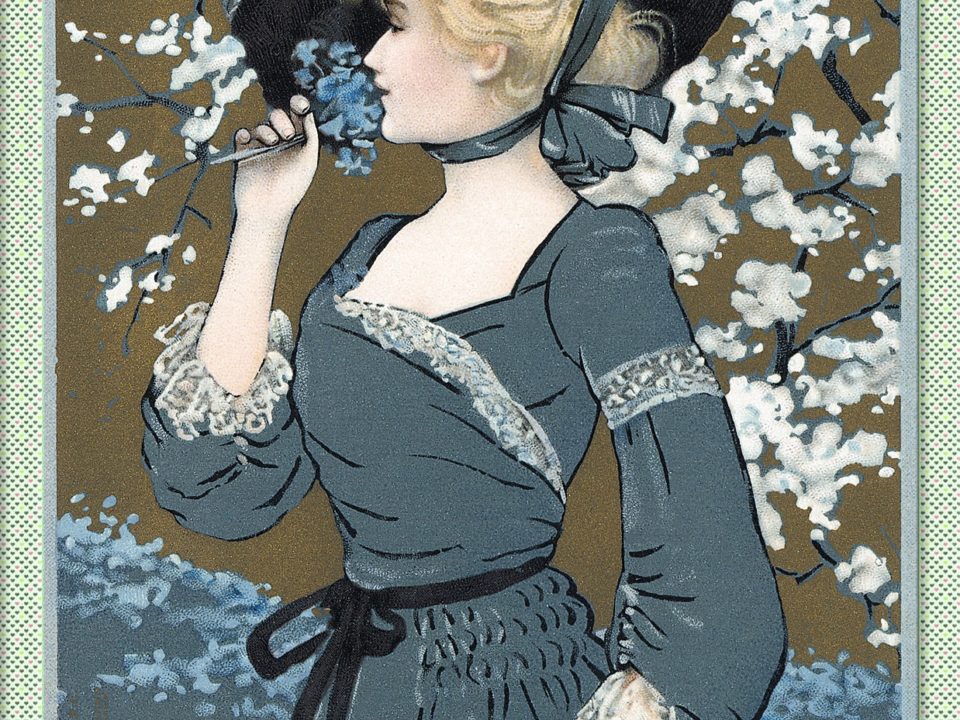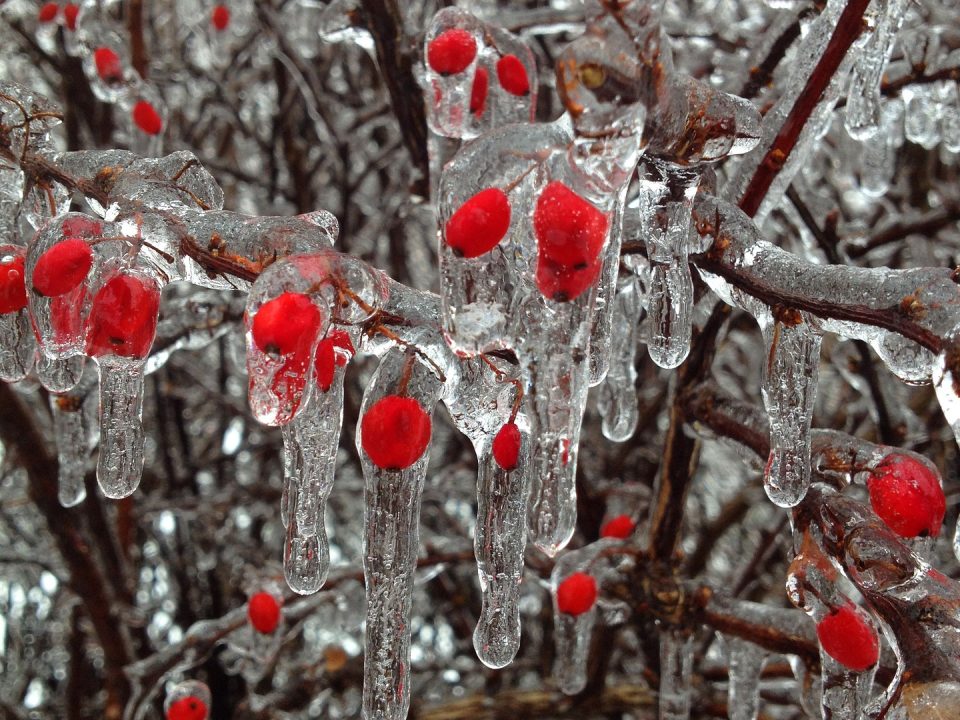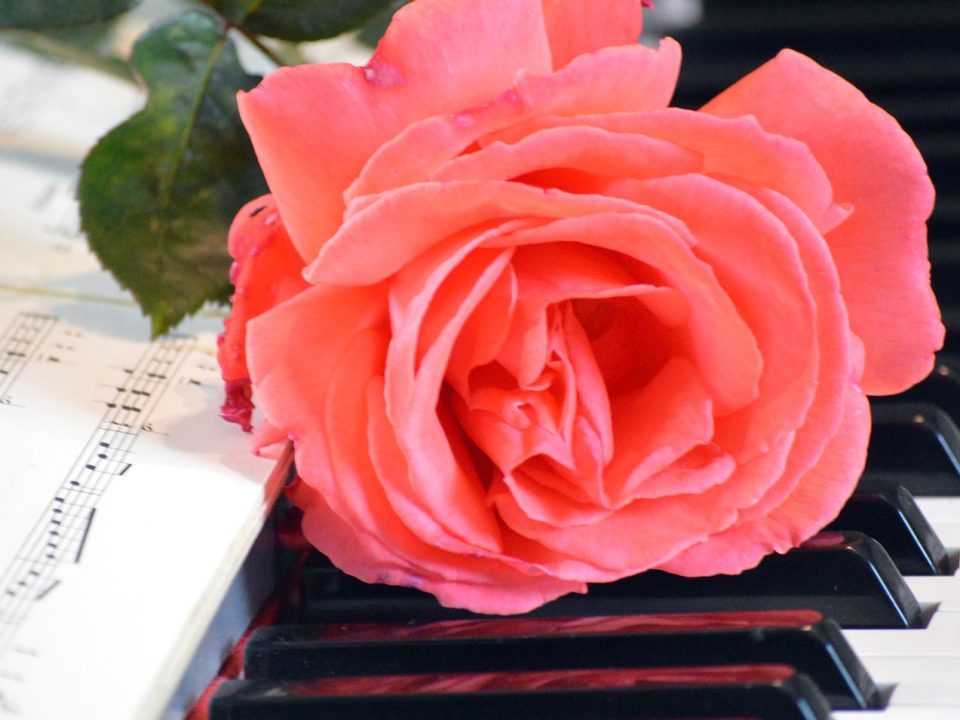
Stefan Dziekoński: Anhar, czyli nie wszyscy są nieskazitelni
2023-01-06
Pascal Kin : Une constellation d’étoiles se forme
2023-01-08"That my ideal, reflex of The Beauty, Surpassed all other beauty on this earth?"

The events occurring in Poland since the commencement of the year 1861, stamped as they are with a character so remarkably original, and so difficult of comprehension in Western Europe, so skeptical with regard to all magnanimous political aspirations, have had among other results that of concentrating attention upon a writer who died about three years ago, and whose renown has been, as yet, almost confined within the limits of his own country. But such a fame can no longer be thus limited. The strange influence of the "Anonymous Poet of Poland" in the national movement which has broken out upon the banks of the Vistula, and the marvelous power, so clearly seen throughout the progress of the recent agitation, which his writings have exercised upon the spirit of his People, have been already noticed in this Review What more astonishing spectacle could indeed be presented than the transmutation of ideal, nay, even mystical thought, into living, suffering, and palpable reality? A marvel truly in this age of utter practicality, is the moral and posthumous power exercised over a whole people by a solitary and contemplative genius, who, step by step, succeeded in impregnating an impassioned Nation with the most powerful, yet wholly abstract convictions, with a love of truths, the more difficult of comprehension as they were in a What more astonishing spectacle could indeed be presented than the transmutation of ideal, nay, even mystical thought, into living, suffering, and palpable reality?
Krasiński - "Anonymous Poet"?
For those who love to seize genius, in its passage across this earth, in the joys and sorrows of its human existence, who seek above all in the works of a great author the mys- tic alphabet by which they may learn to read the man himself, the life of the Polish writer, in its details and catastrophes, presents a study as curious as pathetic. Even the name of "Anonymous Poet," which the author of " Iridion" retained during life, and which remains his even after death, is sufficient to force us to acknowledge that we stand in the presence of a situation by no means com mon, perhaps of a state of suffering happily exceedingly uncommon, and which at once commands our respect.
In times so full of personal infatuation
Yet here is a man of the most incontestable genius, whose precepts have modeled the soul of a nation ; a writer applauded by a whole people, and yet who through life steadfastly declined to receive the homage so sincerely offered; who never suffered the confession of that which was his glory to be torn from him even by his most intimate friends, and who preserved until death sealed his eloquent lips his position of renunciation and abnegation. In times so full of personal infatuation, so eager for success, so intoxicated with the incense of vanity, is not this renunciation of self calculated to excite our astonishment? But astonishment turns to sympathetic emotion, when we learn that this act of absolute self- abnegation was at the same time an act of painful expiation; that by this silence constantly kept with regard to himself, the author in a manner implored silence with regard to another ; — that it was a son who thus magnanimously immolated his own memory to win the boon of forgetfulness for that of a guilty father!
Reserve is a duty toward him who, during his whole life, tried to hide himself from all public notice. Let us, however, endeavor to reanimate this noble figure by some of those general and almost impersonal traits of which he himself made use in portraying more than one of the heroes of his dramas. He assigned them no dates, he gave them no family names, they were rather symbols than persons. To present him thus to our readers will be to give them a type rather than a person. Let us imagine, then, a man of large fortune, of ancient family, allied even with some of the reigning sovereigns ; a man who numbered among his ancestors leaders in a national war held in perpetual veneration, and who was brought up to reverence his own father, then dear to the country, and illustrious in many famous battles.
A haughty soul would have found in such circumstances the pretext for an extreme decision ; it would perhaps have sought in the unmerited insult and persecution an excuse for the acceptance of a situation which it had not created for itself, and toward which the animadversions of the conquered, and the splendid temptations of the conqueror, equally urged it. On the other hand, an unscrupulous spirit, yielding to the weakness of an age which proclaims the sovereignty of the end, and peaces our duties to a public cause above all family ties, would have seized this occasion to gain a popularity as easily won as brilliant, and would at once have sought and published a rupture, which would have been everywhere welcomed with applause. But this unhappy son was neither a Coriolanus nor a Brutus ; he was only a Christian ! He received in utter simplicity the simple command of God : ''Honor thy father and mother." He never believed he had the right to deny him who had given him life, nor even to sit in judgment upon his actions ; but at the same time he felt himself as strongly the son of the nation, — he shared in all her agonies, and in all the hopes of his op- pressed and murdered country.
"O my Country, my mother thrice murdered !"
Thus placed by God between his father and his country, with sublime resignation he accepted the unceasing struggle without any possible issue, which two sentiments equally sacred were to wage forever in his soul. He lived almost always abroad, thus avoiding a contact more bitter than dangerous ; without, however, ever being able to withdraw himself from the pitiless arms which forever weighed upon him and his. He once said to us: "My footsteps have almost always pressed a foreign soil. I have only heard from afar the groans of the victims ; but I feel everywhere the hand of the executioner.* Thus it was upon a foreign soil that he became a poet, but he only accepted this celestial gift from Heaven as a means of penitence on earth ; and in giving such masterworks to his suffering country He believed it to be his duty to expiate a fault not his own, by immolating the most legitimate and purest personal fame, and always pleaded for another by this persistent sacrifice of silence, or at most, by these brief and timid words, heart-breaking in their pathos for those who understand them : " O my Country, my mother thrice murdered ! They who merit most thy tears, are perhaps they who merit not thy pardon ! Thus he knew all the torments of creative genius without ever tasting its raptures ! Erostratus reversed, he passed his whole life in erecting a temple, that a name might be forever forgotten!
Certainly such a life has that in it which must touch the soul, and in a time when poets so often shock us by factitious griefs, and a parade of wounds upon which they en- large at pleasure, one is consoled — we were about to say, happy — to see a great and noble grief supported with such true and quiet dignity. And that which seems to us to merit still higher esteem is the great moral vigor which the Anonymous Poet displays in his work of expiation, the unflinching integrity, the firm tread of a conscience ever bearing so heavy a burden. It is the peculiarity, as well as the dangerous shoal of all efforts at rehabilitation, to exceed due measure, to fall into excess; and to whom would the world have more readily pardoned the adoption of extreme passions and sublimated ideas, of ultra and excited patriotism, than to this son, the labor of whose life it was to cause his father's name to be forgot- ten, and who, to effect that end, had taken up the arms of poetry, — that is to say, even the weapons of passion and exaltation?
"Polish poetry in the nineteenth century" by Julian Klaczko ("The undivine comedy", and other poems by Krasiński, Zygmunt, 1812-1859, Publisher: J.B. Lippincott, Philadelphia 1875)
"That my ideal, reflex of The Beauty, Surpassed all other beauty on this earth?" ( Z. Krasiński, "The Undivine Comedy")




